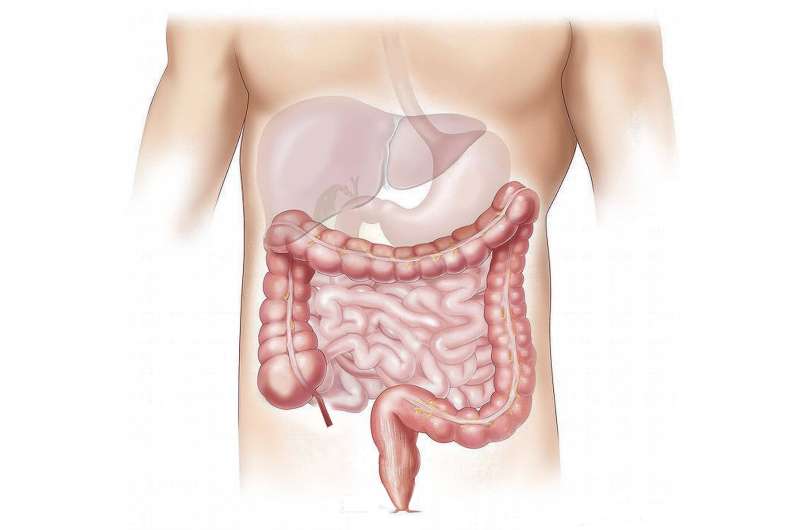Trump Administration Introduces New Private Health Data Tracking System with Tech Industry Collaboration

The Trump administration is launching a new private health tracking system in collaboration with major tech companies, aiming to improve access to medical records while raising significant privacy concerns.
The Biden administration announced plans to launch a comprehensive private health tracking system aimed at simplifying access to medical records and promoting wellness monitoring through partnerships with major technology firms. The initiative encourages millions of Americans to upload their health data into new apps and digital platforms developed by private tech companies, promising enhanced convenience in managing personal health information.
President Donald Trump is expected to deliver remarks on this initiative in the East Room, with participation from over 60 companies, including industry giants like Google and Amazon, as well as leading healthcare providers such as the Cleveland Clinic. The system will initially focus on chronic conditions like diabetes and weight management, integrating conversational AI to support patient engagement, along with digital tools like QR codes and apps for check-ins and medication tracking.
This move comes amid ongoing concerns about data privacy and ethical implications. Critics, including public health law expert Lawrence Gostin, have raised alarms about the potential misuse of sensitive health information and the possible harm to patients if their medical records are exploited outside of secure environments. While officials from the Centers for Medicare and Medicaid Services (CMS) assure that patient data sharing will be voluntary and secure, skepticism remains among digital privacy advocates.
The initiative aims to address longstanding problems in healthcare data management, such as difficulties in accessing complete medical histories and fragmented information across providers. By enabling seamless data sharing, the system would allow providers to better manage chronic diseases and support personalized treatment. For instance, the Cleveland Clinic highlights that easier access to health app data could improve diagnosis accuracy and treatment efficiency.
Companies like Noom, a weight management app, have signed on, with plans to integrate medical records to develop AI-driven weight loss recommendations, potentially drawing from lab tests and other medical data. Patients traveling for care at institutions like Cleveland Clinic could benefit from consolidated records, reducing delays and diagnostic errors.
Despite potential benefits, concerns about digital privacy and the commercial use of personal health data are significant. Critics warn that with minimal regulation of health apps by the federal government, there is a high risk of data being monetized or misused. Historically, data collected through health programs have been used for purposes beyond direct patient care, including governmental investigations.
The new health data system also involves policies encouraging app development for managing chronic diseases and guiding patients in choosing healthcare providers and insurance plans via Medicare.gov. Nonetheless, the lack of strict regulation raises questions about the security and privacy of highly sensitive medical information, including mental health and substance abuse records.
Overall, while the project promises to modernize healthcare data management and promote patient empowerment, it raises critical ethical and privacy concerns that warrant careful monitoring and regulation to protect individual rights.
Stay Updated with Mia's Feed
Get the latest health & wellness insights delivered straight to your inbox.
Related Articles
Huntsman Cancer Institute Expands Proton Therapy Capacity to Enhance Cancer Care in the Mountain West
Huntsman Cancer Institute is expanding its Proton Therapy Center, doubling treatment capacity to improve access to precision cancer care across the Mountain West region including Utah, Idaho, Montana, Nevada, and Wyoming.
Study Shows Doubling in In-Home Gun Homicides Among Children Since 2010
A new UCLA-led study reveals that in-home firearm homicides of children have more than doubled since 2010, highlighting the urgent need for targeted prevention efforts to protect vulnerable youth.
Plant Extract from Strawberry Tree Shows Promise in Preventing and Treating Ulcerative Colitis in Rats
A recent rat study indicates that strawberry tree extract may offer protective and therapeutic benefits for ulcerative colitis, a common inflammatory bowel disease, by reducing inflammation and tissue damage.
Isolated REM Sleep Behavior Disorder as an Early Predictor for Parkinson's Disease and Dementia
New research from the University of Montreal reveals biomarkers in isolated REM sleep behavior disorder that can predict the development of Parkinson's disease and dementia years before symptoms appear, paving the way for early personalized interventions.



